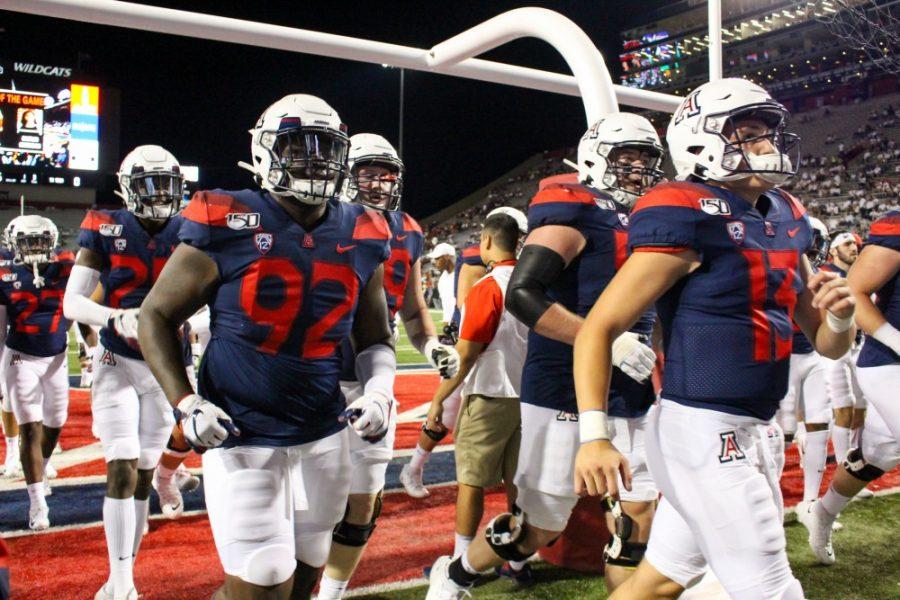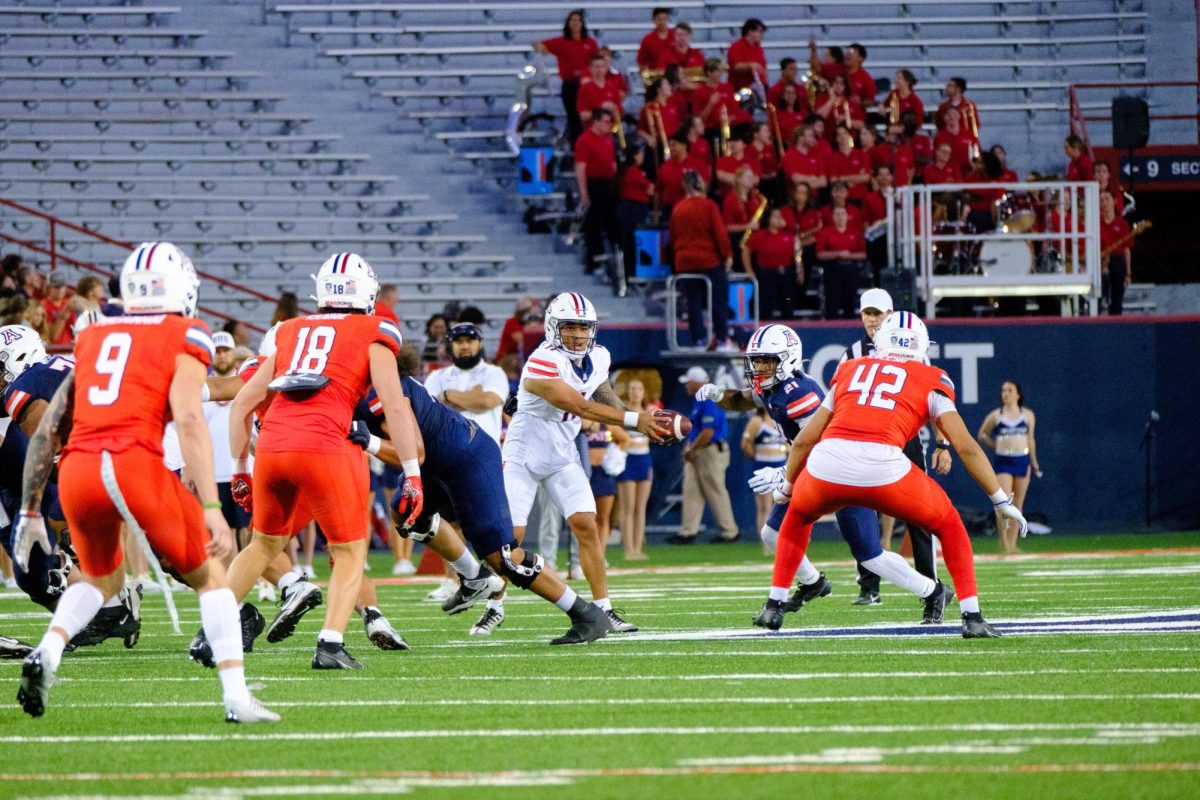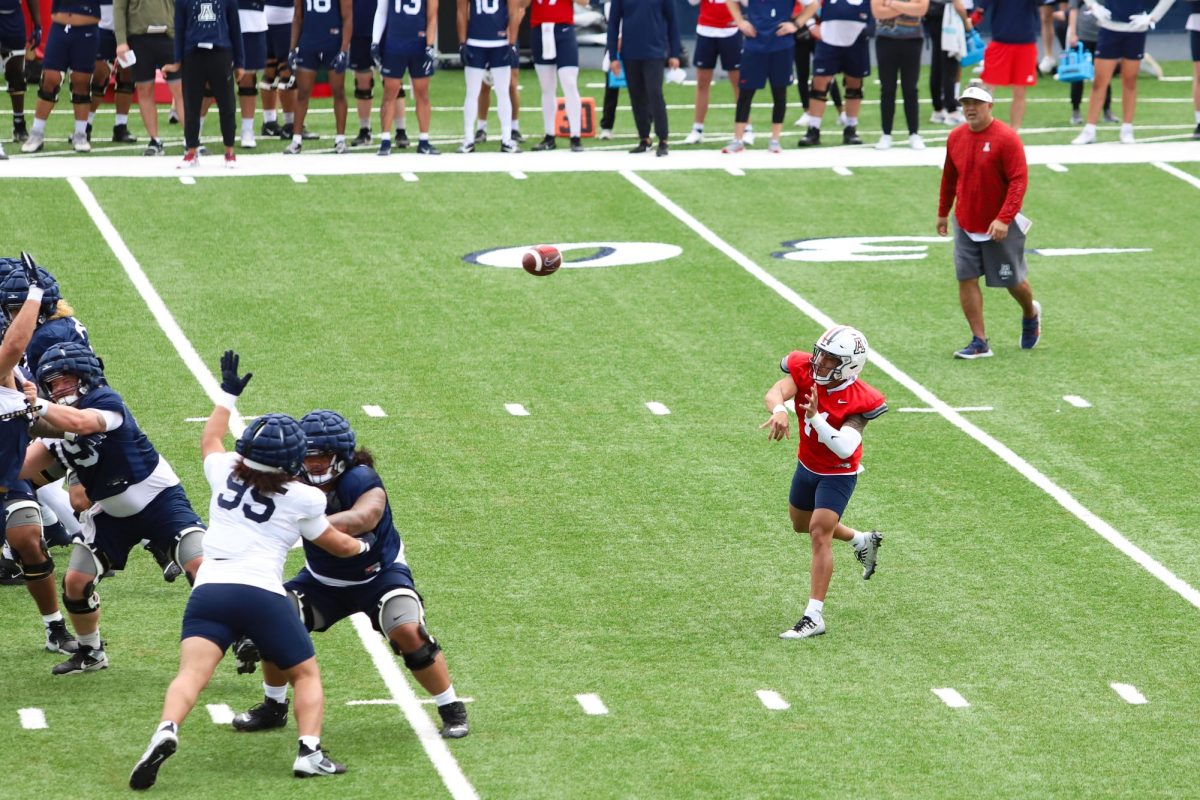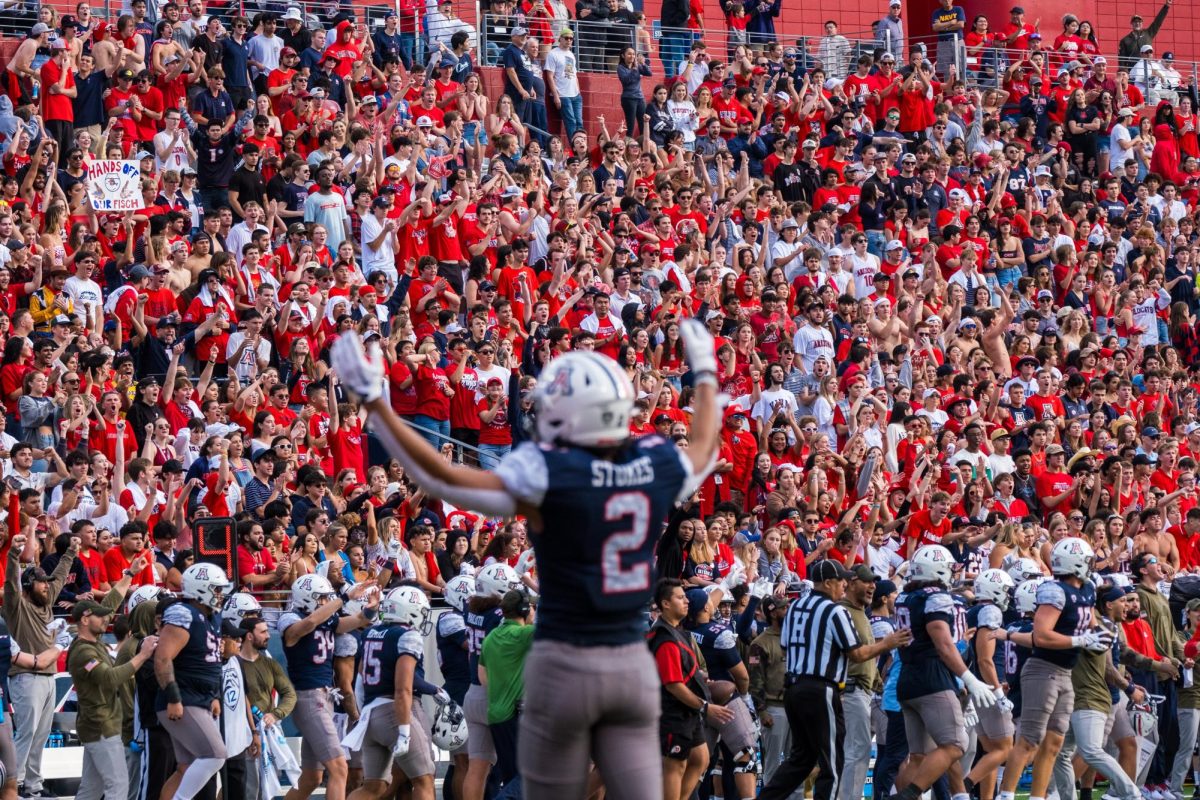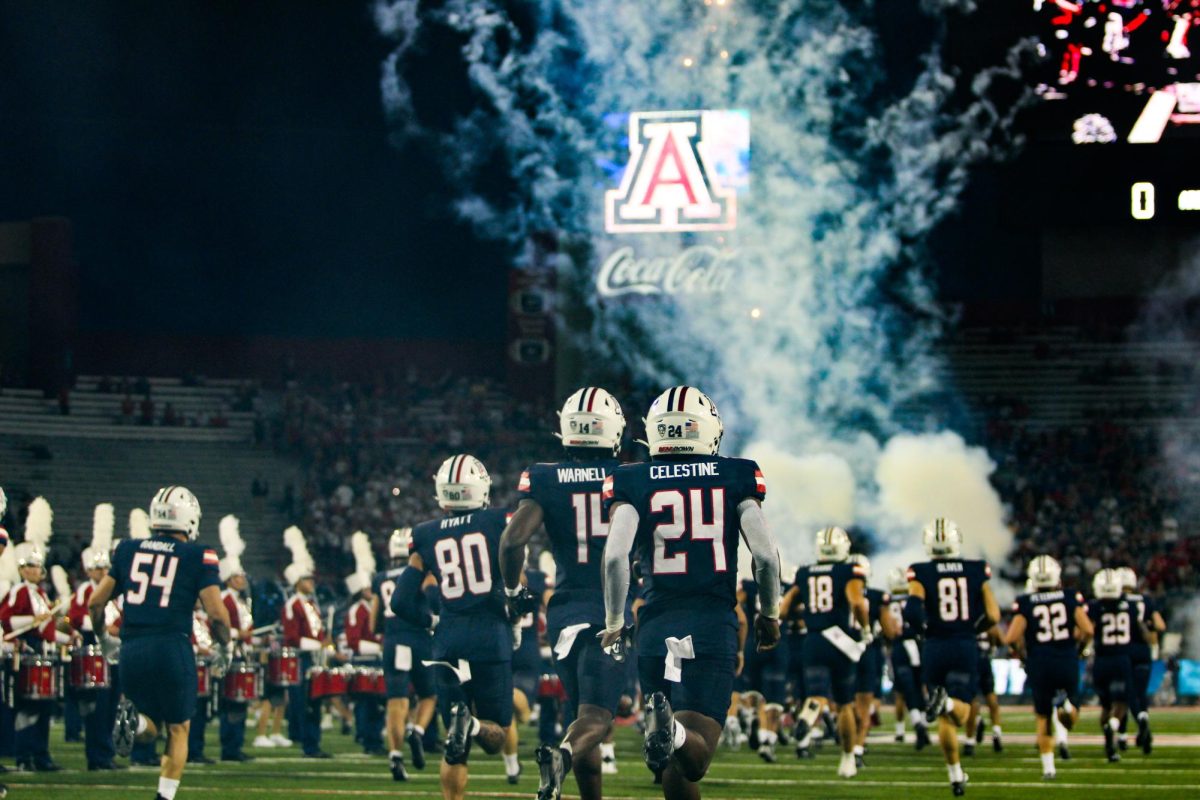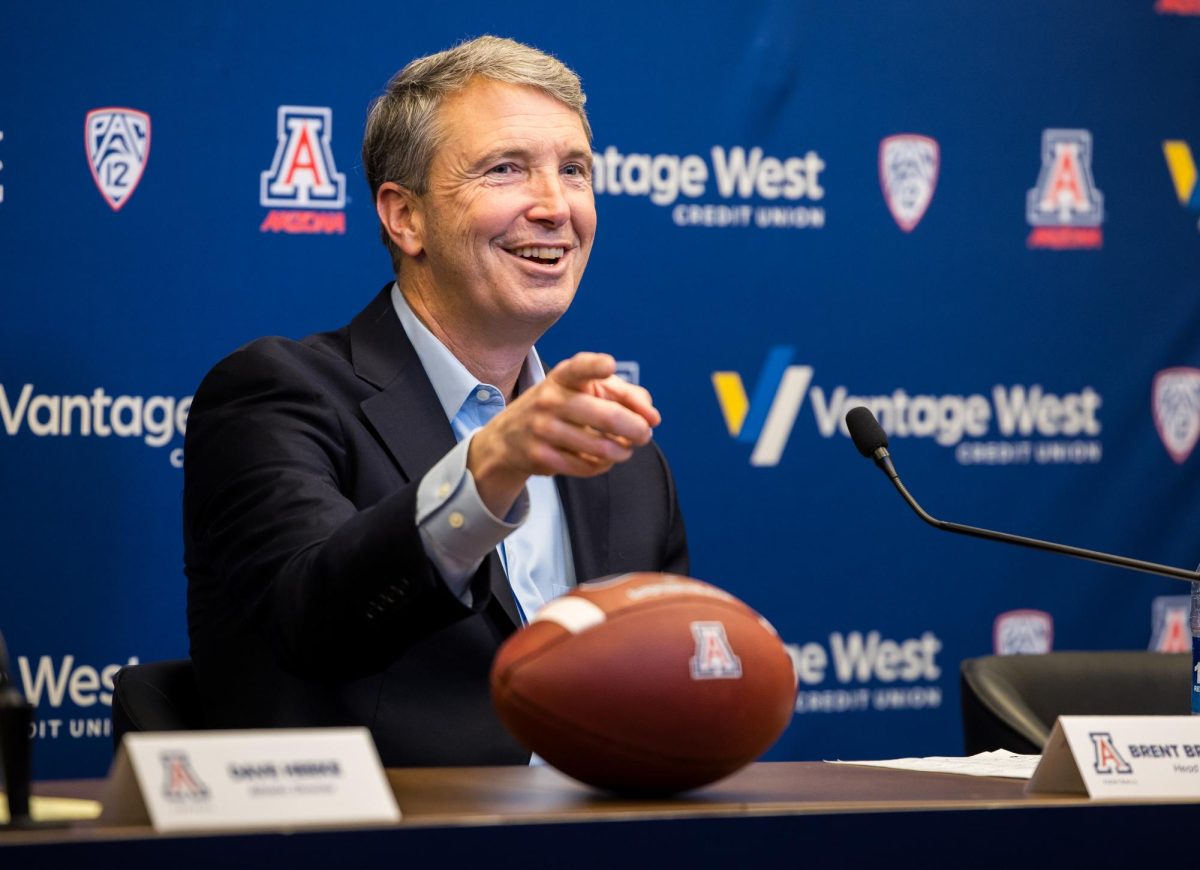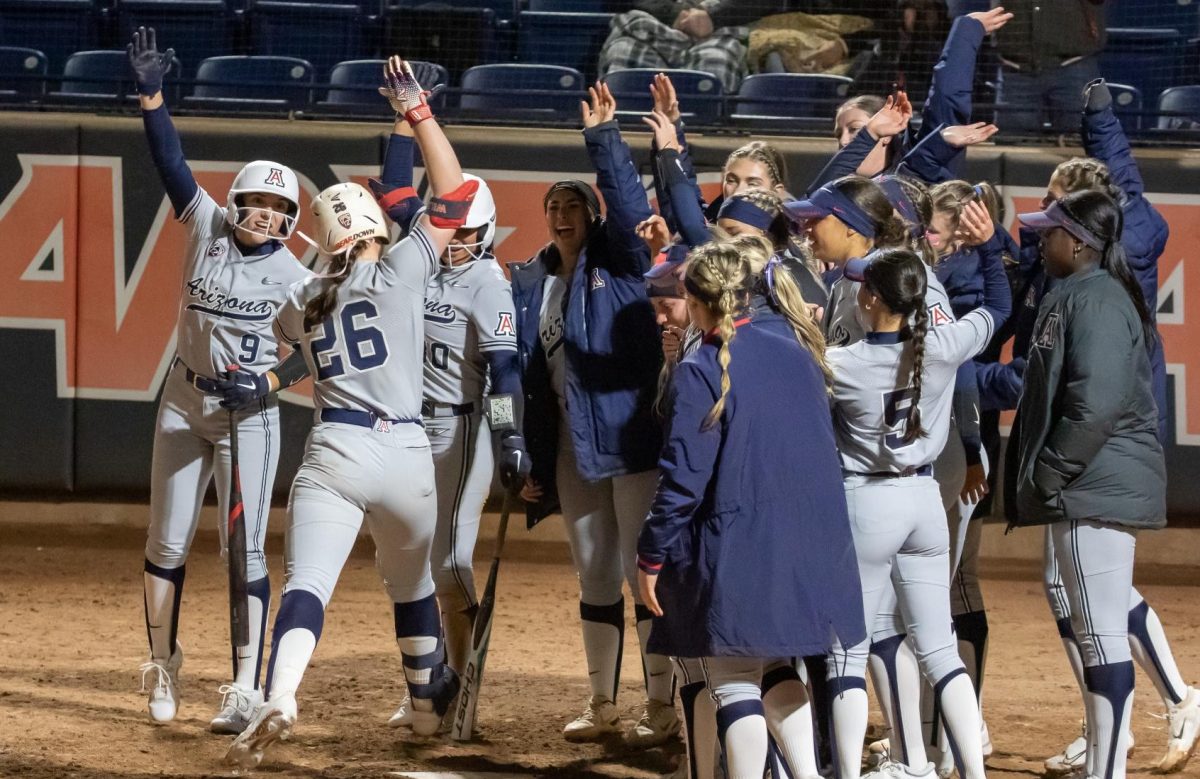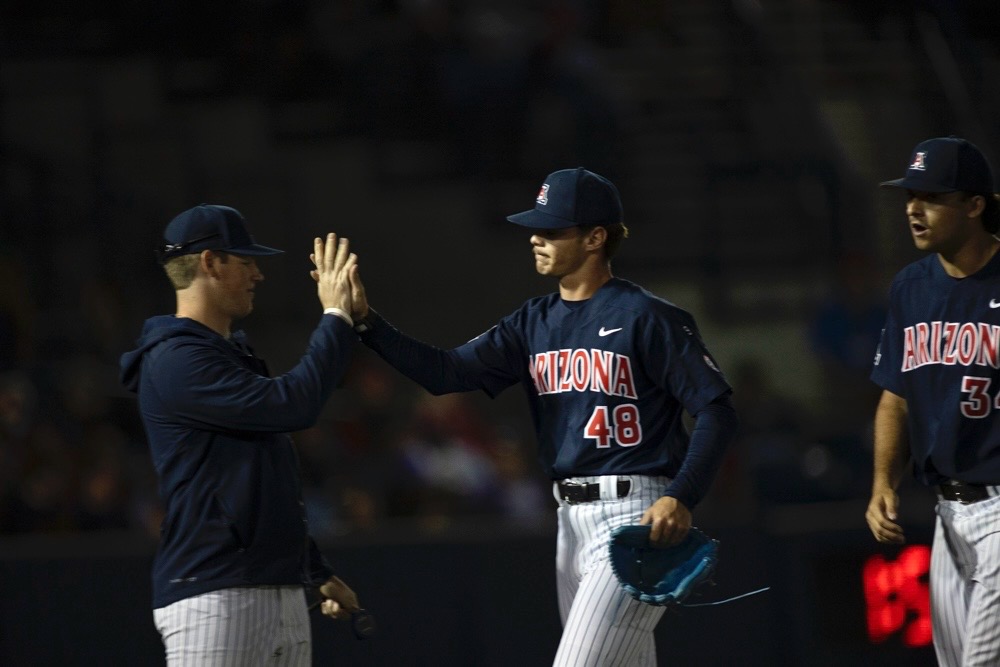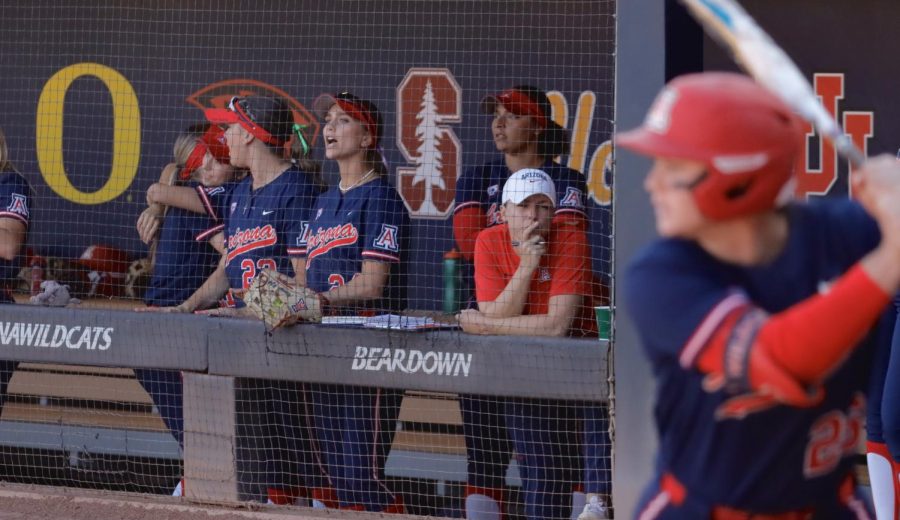It seemed as though the light at the end of the tunnel was finally becoming visible. Professional sports had resuscitated its seasons in a time where fans needed it most. The NCAA started to build a foundation for fall sports, announcing a conference-only structure for its seasons and creating a complex plan to safely bring its student-athletes back to campus.
The Pac-12, along with several other conferences, even released exact dates for when these games were going to be played. Unfortunately, the reality of the situation became impossible to ignore.
The CEO groups of the Pac-12 voted on Tuesday, Aug. 11, to become the next conference to cancel all athletic competitions until 2021 due to the COVID-19 pandemic. The league will attempt to play in the spring.
“All of the Pac-12 presidents and chancellors understand the importance of this decision, and the disappointment it will create for our student-athletes, the coaches, support staff and all of our fans,” said Michael H. Schill, president of the University of Oregon. “Ultimately, our decision was guided by science and a deep commitment to the health and welfare of student-athletes. We certainly hope that the Pac-12 will be able to return to competition in the New Year.”
It was an idea that was perilous from the start. A season without an isolated bubble that has proven to be effective in the National Basketball Association and National Hockey League, reporting zero positive COVID-19 tests since the bubble was created at the beginning of their respective seasons.
Major League Baseball, who opted not to isolate its players with the bubble concept, has already fallen victim to the novel coronavirus with outbreaks on two different teams causing the postponement of several games. The NCAA and the Pac-12 were destined for a season of disaster without an isolated bubble and had no choice but to pull the plug before chaos inevitably erupted.
“The health, safety and well-being of our student-athletes and all those connected to Pac-12 sports has been our number one priority since the start of this current crisis,” said Pac-12 Commissioner Larry Scott. “Our student-athletes, fans, staff and all those who love college sports would like to have seen the season played this calendar year as originally planned, and we know how disappointing this is.”
Dr. Anthony Fauci, director of the National Institute of Allergy and Infectious Diseases, was one of many public health experts who advised against prioritizing the return of sports over the health of the public.
“You can’t bubble college athletes or cocoon them away like the NFL,” Amesh Adalja told Sports Illustrated, a senior scholar at Johns Hopkins University and an infectious disease physician. “The fact of the matter is if the trajectories continue, people are going to be infected on campus and interacting with a team. It’s going to be hard to keep them away.”
The odds had always been against collegiate sports. So why did it take so long for conferences to cancel its season? Well, besides the fact that those conferences and universities would lose out on millions of dollars from ticket sales and TV revenue, nobody wants to be the first person to run through the brick wall and get bloody.
If a team decides to shut down its program, its entire roster becomes vulnerable to transfers. Teams could be concerned about having their players poached by other schools that are more committed to playing a season in the fall. Players might be concerned about their eligibility status if they take a year off or simply just want that extra year to prepare for the NFL Draft. The SEC has been given the green light from its medical experts to continue on with a fall season, making the possibility of the Pac-12 to be raided by the south-east schools.
The other major dilemma was desires from the student-athletes. The players want to play and have been very vocal about it. Several University of Arizona football players, including quarterback Grant Gunnell, joined the #WeWantToPlay movement on Sunday, Aug. 9, by tweeting out the hashtag as a last-ditch effort to save the season.
The harsh reality was that regulating a football roster of 85 players, not including coaches and staff, was too steep of a mountain to climb. All it would have taken was for one or two players to ignore a protocol and knock the entire locomotive off the rails.
Follow Jacob Mennuti on Twitter



